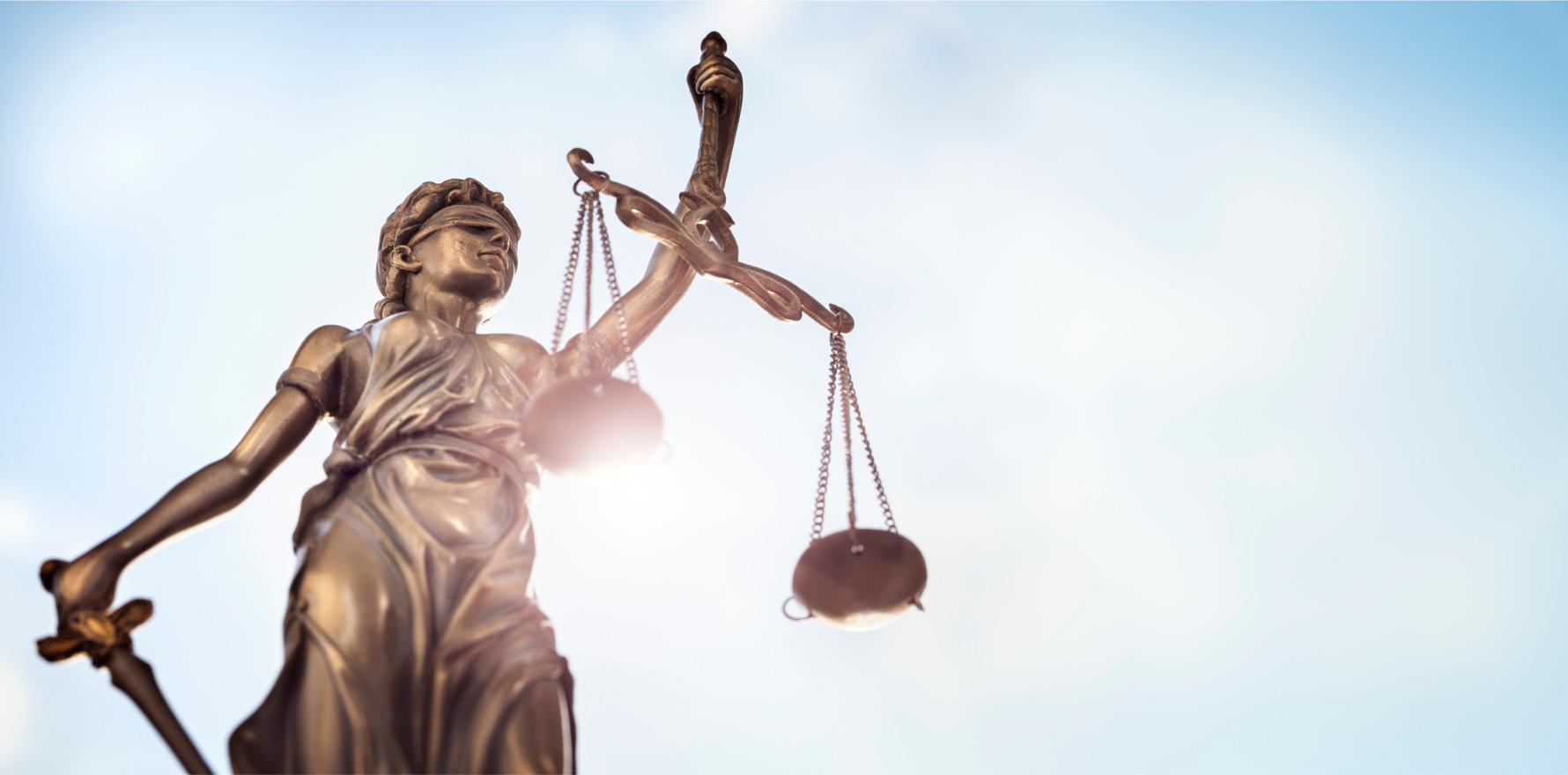Parent and US companies settled claims for over $1bn last year.
The TGA is taking Philips to court for allegedly supplying CPAP and BiPAP machines that its related US manufacturer knew posed “unacceptable risk” to users.
The suit is in relation to the supply of more than 44,000 ventilator machines in Australia, including Trilogy, BiPAP A40, DreamStation, OmniLab and REMstar models, from 7 July 2021 to 13 October 2022. The defendant is Philips Electronics Australia Ltd (PEAL), which supplied the models that were manufactured by related US entity Respironics. Both PEAL and Respironics are under the parent company Koninklijke Philips N.V (Royal Philips).
The Department of Health, Disability and Aged Care filed papers with the Federal Court of Australia this week alleging that Respironics knew by mid-2019, if not earlier, that the machines they manufactured posed a health risk, but PEAL continued to supply them until at least June 2021, when their parent company, Royal Philips, issued a global recall.
The problem component was a polyester-based polyurethane foam called PE-PUR, which reduced the operating noise of the machines, the DoHDA said in its detailed filing.
The foam had “a real risk” of degrading in normal conditions when it came into contact with moisture, and especially in very hot or humid conditions, it said.
The particles could be inhaled or ingested, which could result in skin, eye and respiratory tract irritation, inflammation, headache, asthma, reproductive system effects and abnormal tissue growth (neoplasia). It also meant the machine wouldn’t work as promised.
“The probability of degradation, and consequential harm to the patient, was unacceptable, given the potentially serious consequences to patients,” the filing document said.
According to the Department, the defects in the 11 specific models of the machines listed on the Australian Therapeutic Goods Register (ATGR) meant the devices didn’t comply with essential principles of the Therapeutic Goods (Medical Devices) Regulations 2002 (Cth) and their supply by Philips Electronics Australia Ltd contravened s 41MAA(2) of the Therapeutic Goods Act 1989 (Cth) (TG Act).
The manufacturer, Respironics, knew about the PE-PUR foam degradation risk by at least November 2015, and was made aware of the potential harms through multiple reports from 2016 to 2021, the Department alleged.
The document cited several examples, such as one dated 24 October 2013 referring to a patient who died and suggesting their device could have caused or contributed to their death (“The device was disassembled and there was evidence of contamination and debris”) and another from 10 December 2020 stating that “the degraded PE-PUR foam is not considered biocompatible and presents a significant biological risk to those patient populations who are exposed to degraded PE-PUR foam”.
But Respironics didn’t do a risk analysis, or make design changes, or do anything else to correct the problem until early 2021, the department alleged.
PEAL continued to sell the devices until at least the middle of that year, when the parent company of PEAL and Respironics, Royal Philip, issued a global recall on or around 14 June because of the degradation risk, the Department said.
The TGA issued its own recall on 1 July.
Between 7 July 2021 and 13 October 2022, Respironics carried out a design change on one of the models, replacing the PE-PUR foam with a silicone sound abatement foam. They supplied PEAL with repair kits that had the silicone foam and tape to attach it to the housing.
But by October 2022, Respironics realised that the silicone foam had a risk of separating from its housing, the TGA alleged.
That could block the air path and cause low pressure, so the user was under-ventilated or not ventilated at all, leading to “a reasonable probability” of hypoventilation, hypoxemia, hypercapnia and asphyxia, they alleged.
“The processes adopted to identify potential failures (including Device Failure Mode Effect Analysis procedures) were insufficient to ensure that risks were effectively mitigated once identified”, so the remediated devices also didn’t comply with essential principles, the filing said.
The Department said it had not consented to the supply of any of the devices or remediated devices, which weren’t covered by existing exemptions.
Philips is also facing a class action in the Federal Court of Australia for the adverse health side-effects allegedly caused by the use of defective CPAP products. And the company has settled several lawsuits in the US regarding the foam issue, one of them in April last year for $1.1 billion.
Philips Australia said in a statement that “[p]atient safety and quality is our number one priority” and that they are “working closely with regulators to ensure we achieve the highest standards in the delivery of healthcare”.
“In 2021, Philips initiated a field safety notice for certain CPAP and BiPAP sleep therapy devices and mechanical ventilators after it became aware of potential health risks related to the polyester-based polyurethane (PE-PUR) sound abatement foam in these devices,” the statement said.
“This proceeding covers the alleged activities of Philips in the lead up to and during 2021 recall. The proceeding does not make allegations about the quality and safety of products currently marketed in Australia by Philips.
“Philips will review the Concise Statement filed in the Federal Court by the Therapeutic Goods Administration (TGA) and engage constructively in the required court processes.
“It’s important to note that Philips Respironics has conducted extensive testing since June 2021 together with five independent, certified testing laboratories and third-party experts. Based on the test results to date, Philips Respironics and the third-party experts concluded that use of the sleep therapy devices is not expected to result in appreciable harm to health in patients.”


